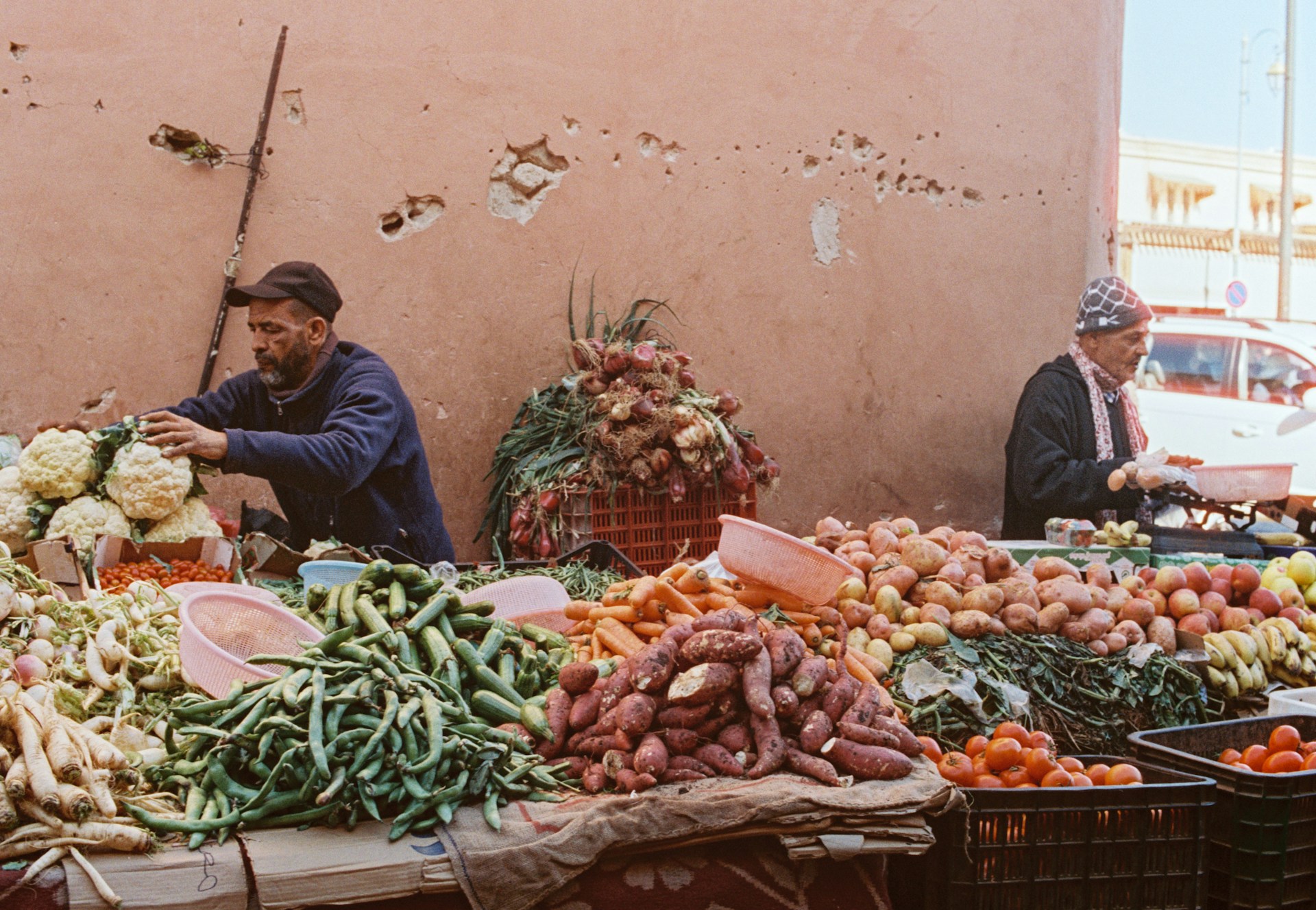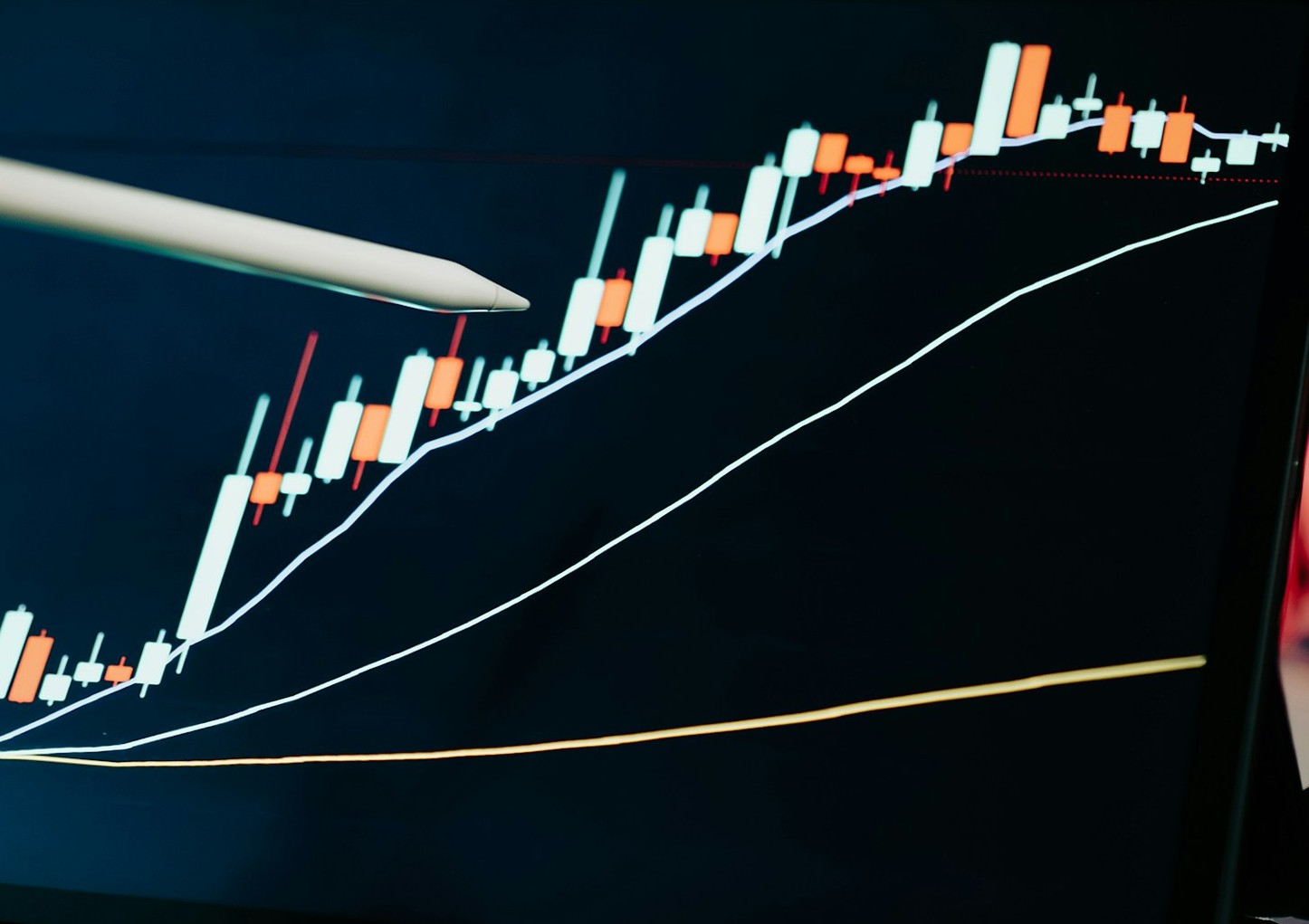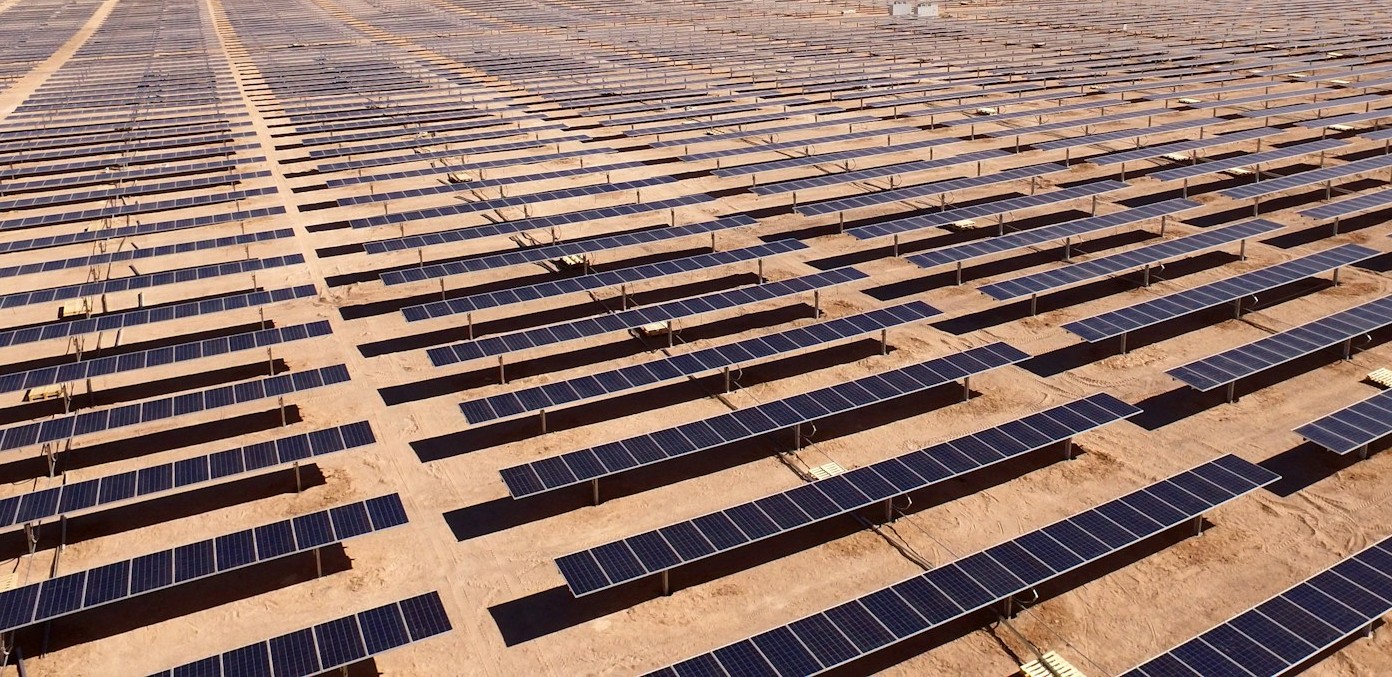Casablanca – Morocco has improved its position in the global ranking of countries most attractive for foreign direct investment (FDI), climbing to 52nd place in the 2025 edition of the Baseline Profitability Index (BPI). This marks a modest but notable improvement from the 53rd position in 2024, and continues a gradual upward trend from 65th in 2023 and 63rd in 2022.
The BPI, developed by global economist Daniel Altman and published through the platform baselineprofitabilityindex.com, evaluates the relative appeal of nearly 100 countries for foreign investors by estimating the long-term profitability of direct investment. It takes into account a five-year economic outlook, with adjustments for inflation, capital repatriation potential, exchange rate risks, and institutional stability.
A positive shift amid structural reforms
Morocco’s 2025 score of 1.06125 points reflects an improved capacity to generate real, repatriable returns on investment. This score is based on a combination of macroeconomic indicators and institutional factors that influence investment profitability. The country’s advance in the ranking—albeit by a single position—signals incremental progress in enhancing its business environment despite persistent economic challenges.
Analysts attribute this performance to Morocco’s ongoing efforts to reform its regulatory framework, improve financial governance, and strengthen investor protections. These reforms include better protection of property rights, gradual liberalization of capital controls, and improvements in the transparency of government institutions. A relatively stable macroeconomic environment, despite global uncertainties, has also contributed to investor confidence.
How the BPI works
Unlike other FDI rankings that focus primarily on investment volume or regulatory frameworks, the Baseline Profitability Index emphasizes actual returns that investors can expect from owning a stake in a country’s economy. The index assumes that FDI involves purchasing a portion of a country’s economic output and that economic growth directly affects the value of such investments.
The BPI draws heavily from International Monetary Fund (IMF) forecasts, particularly its World Economic Outlook, and adjusts these figures for inflation and other risks that might reduce profitability. It also factors in key elements such as:
- Financial stability
- Level of corruption
- Legal protection of investors
- Currency convertibility
- Restrictions on profit repatriation
This methodology allows the BPI to provide a practical estimate of investment attractiveness by focusing on what matters most to investors: the ability to generate and safely return profits.
Global context: Emerging markets lead
On the global stage, India topped the 2025 ranking with a score of 1.28, followed closely by Rwanda (1.27) and Malaysia (1.25). These countries have maintained strong growth momentum and have implemented policies aimed at improving investor confidence and financial transparency.
Other countries in the top 20 included Botswana, Vietnam, the Philippines, Indonesia, Georgia, Uganda, Poland, and Sweden. Notably, two Arab countries—Saudi Arabia and Egypt—ranked 11th and 13th respectively, highlighting a broader trend of improving investment climates across parts of Africa and the Middle East.
Rwanda’s performance, in particular, is significant, as it leads African countries and ranks second globally. This reflects its sustained efforts in governance reform, economic diversification, and infrastructure development.
Morocco in the African and regional context
While Morocco does not yet rank among the top-performing African nations in the BPI, its steady rise in the index places it in a competitive position within North Africa. With Egypt ranking 13th and Morocco at 52nd, there remains a noticeable gap, but Morocco’s trajectory suggests ongoing progress.
The country continues to focus on strategic sectors such as renewable energy, automotive manufacturing, agribusiness, and digital services to attract FDI. Initiatives like the New Development Model, launched by the Moroccan government, aim to create a more inclusive and competitive economy capable of attracting high-value investment over the long term.
Outlook
Despite global economic headwinds and domestic structural challenges, Morocco’s improved performance in the 2025 BPI highlights the country’s growing attractiveness as an FDI destination. While the climb in ranking is moderate, it reflects a longer-term trend of strengthening economic fundamentals and improving institutional conditions.
For policymakers, the index serves as both a benchmark and a roadmap. Continued efforts to reduce bureaucratic barriers, fight corruption, and foster a more transparent investment environment will be essential to maintain this positive momentum and move closer to the top-tier investment destinations globally.
As global investors increasingly seek stable and profitable emerging markets, Morocco’s continued rise in the BPI may signal a broader opportunity for the country to position itself as a gateway for investment into Africa and beyond.
















